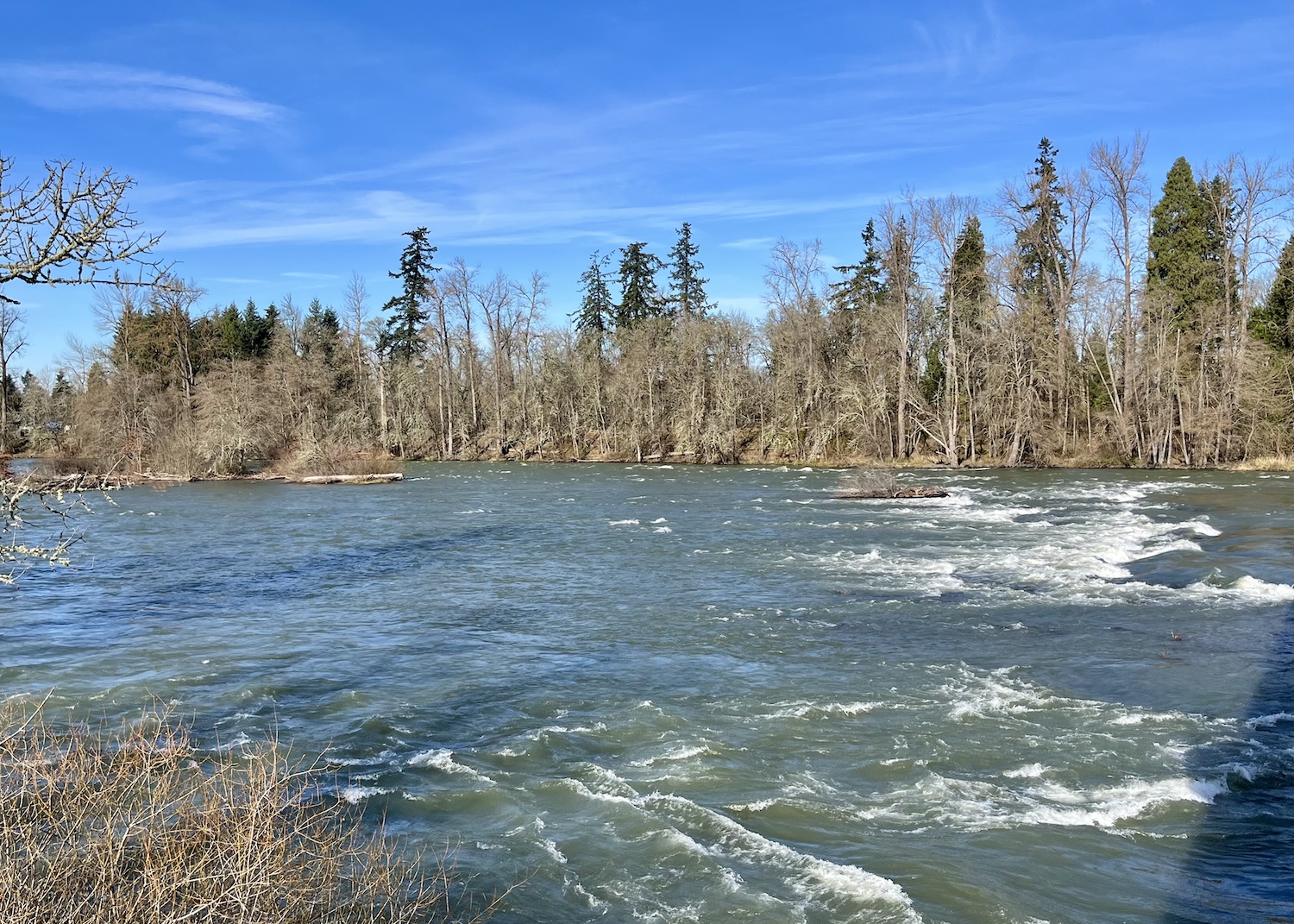Since beginning my role as Provost at the University of Oregon, I have tried to communicate in ways that build trust and cultivate connection. The more fraught and unsettling our civic life in these United States becomes, the more important it is to find ways to be present to one another that deepen relationships, foster solidarity, and create the space for meaningful dialogue.
I have always understood my administrative life as, among other things, a writing project, just as I think of my life as a kind of essay, that is, as an attempt to make meaning of my finite human experience.
The traditional genres of administrative writing—the memos, the policies, the evaluations, the welcome messages, the statements, and even the occasional op-ed pieces—leave little space for essaying: the textured grappling toward meaning in which one might discern, in the very messiness of it, something true or incisive or illuminating.
There has been, of course, pressure from a variety of quarters for higher education administrators to make statements that take a stand against the actions of the federal administration on behalf of the core values of the institution. However cathartic such statements may be to write and read, my experience has been that they do little to advance the research and educational purpose of the university itself. That work—our most important work—requires trust rooted in action aligned with the values about which we profess to care so deeply.
In my ten and a half months as Provost at the University of Oregon, I have learned that when I focus my attention on a specific community of colleagues in a particular moment for an identifiable purpose, a different way of communicating becomes possible. Words become catalysts for a gathering of energy and effort, not tools for implementing a strategy.
Today across higher education, we find ourselves in a very challenging position; one that calls for new ways of being together rooted in our core commitments to pursue truth and cultivate responsible practices of dialogue capable of deepening our understanding of the world and enriching our civic life.
In a recent gathering of researchers at the University of Oregon, I tried to give voice to the connection between the pursuit of truth and the life of democracy. I returned to the legislation that established the national foundation for the arts and humanities in which Congress reminds us that “democracy demands wisdom and vision in its citizens.”
The current administration has taken actions that could dismantle the research infrastructure that was created to meet this demand. As I said to our faculty and staff engaged with the vital research mission of this university, the current administration
…is abandoning the bold ideals Congress once upheld — ideals that made the United States a global beacon in science, technology, the humanities, and the arts. It is abandoning our shared commitment to a vibrant democracy. Research is at the heart of both our institution’s educational mission and its role as a public good for society. We are proud — fiercely proud — of the transformative power of the research we do here at the University of Oregon, and we understand the terrible implications of it being dismantled so haphazardly and irresponsibly.
In the face of increasing threats to higher education, we must continue to foster and cultivate ways of being present that hold us together as a community committed to the transformative power of education. This is how I put it then:
Even in this difficult period, let us remain true to our shared values, to our commitment to care deeply for one another, and to our common purpose.
This moment of shared anxiety can also be a moment of shared resolve — a chance to gather, to resist, and to protect this university as a sacred place for free inquiry, for intellectual humility, and for responsible dialogue. If democracy itself demands wisdom and vision from its citizens, the work you all do each day to advance the research mission of our university is the very work of preserving and enriching democracy itself.
For more than a decade, this blog has been a third space of essaying for me, situated between the private reflections of my daily writing practice and the polished prose of the public messages, statements, and other publications expected of me first as a scholar, then as a Dean, and now as Provost.
Perhaps in this difficult time, when the very purpose of higher education as a sacred place of inquiry and learning is under threat, this blog might continue to be a place of public reflection for me as Provost. Perhaps too, these practices of public writing might open us to new possibilities of connection that make university life so vibrant.
However challenging the current moment may be, the purpose of the university remains to pursue truth wherever it may lead and to cultivate the habits of dialogue that are vital to the life of a stressed democracy in urgent need of renewal.


One Comment